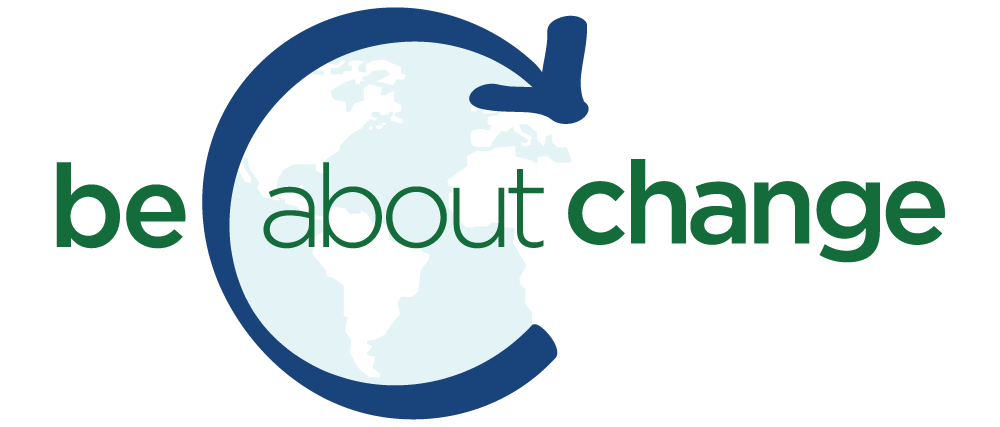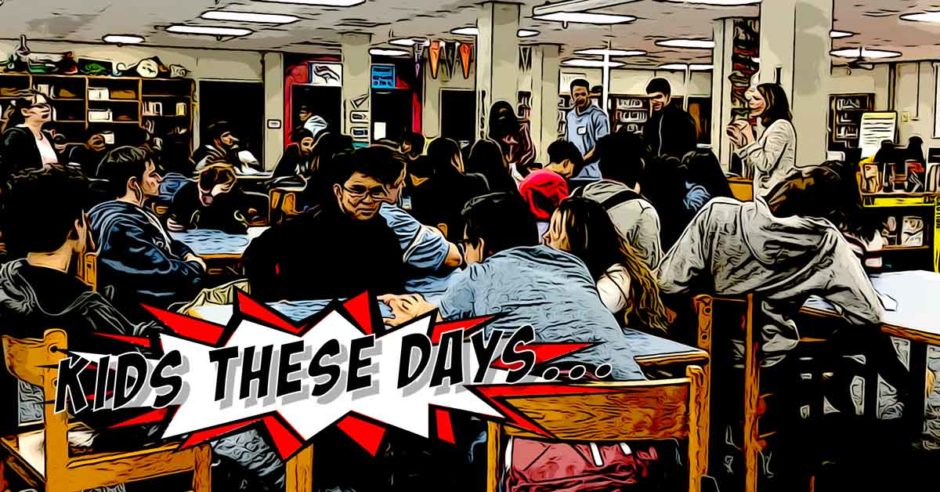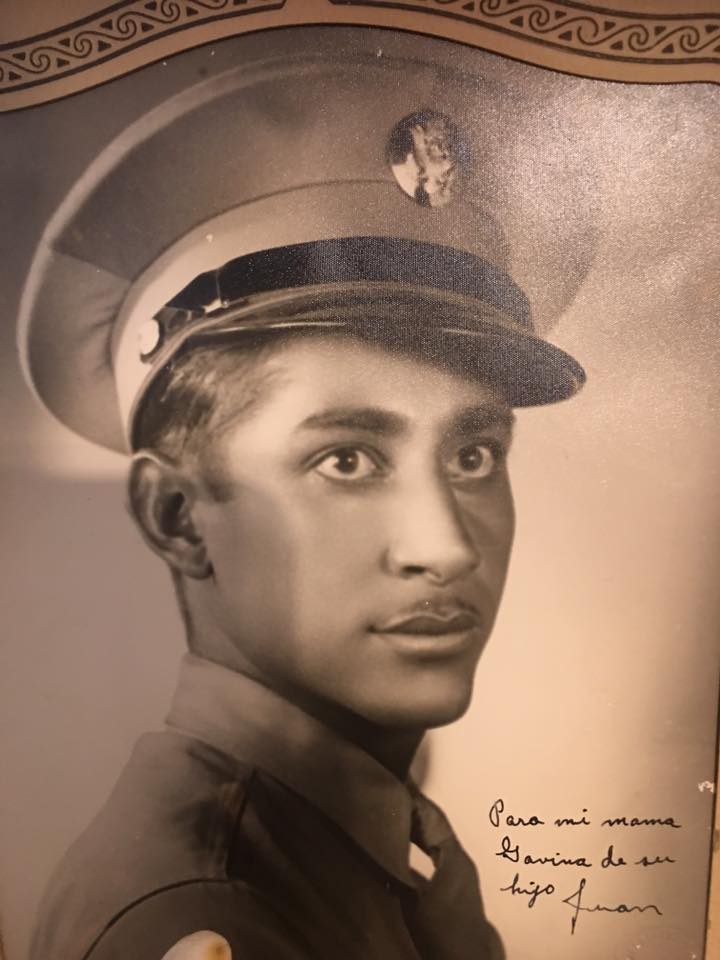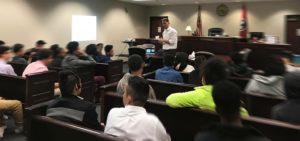Kids these days
When you engage in conversation about today’s youth, or browse the comments section of the latest article about our youth, you hear/read things like:
“What do you expect from the generation that eats tide pods?”
“Today’s youth have no respect for authority.”
“They get offended about everything.”
Those are some of the tamer remarks…and they couldn’t be further from the truth.
Our media, at times, appear to be saturated with stories about youth recklessness and crime. In the book, Factfulness: Ten Reasons We’re Wrong About the World—and Why Things Are Better Than You Think, (“Factfulness”) authors Hans Rosling, Anna Rosling Rȍnnlund, and Ola Rosling state, “Remember that the media and activists rely on drama to grab your attention; that negative stories are more dramatic than positive ones; and how simple it is to construct a story of crisis from a temporary dip pulled out of its context of a long-term improvement.” The passage goes on to explain how this is a byproduct of our human nature and not a characteristic that originates from our media.
This discussion warrants a closer look at intergenerational perceptions.
The Greatest Generation
For many of us, our grandparents are/were members of “the greatest generation”—those that endured the difficult times of the Great Depression, World War II, and its aftermath. I recall my Grandpa once, after I asked him about “the old days,” he smiled with gratitude and said, “You know, I was very fortunate, that at age 17, I learned how to build my own bed—that first one I built from straw and scrap wood…it was great!”
Many of our grandparents had a way of seeing opportunities in the midst of struggle. Perhaps that was the benefit of enduring hardship: not having the time to reflect, but rather forging a path through; when life called for adaptation, their mentality was fluid such that implementing change was seemingly second-nature (not to be mistaken for ‘easy’).
Modern-day perspectives
Fast-forward some 80-90 years to the youth of today. While we still see economic inequality, advances in technology have allowed for more accessible resources. Today’s challenges appear to be more political…and our youth are rising to the occasion.
Take a look around.
We adults are the ones that tend to embrace the often-partisan, “sky is falling” mentality. We are the ones that allow our unresolved pain and traumas to filter into our youth.
A common characteristic through all generations: we all struggle, individually and as a society. As we acquire more life experience, one generation inevitably focuses on the apparent naiveté of the younger generation…and many times, to a fault, we begin a conversation, cynically, with “kids these days…”
Today’s youth
In contrast from the cynical narrative, “kids these days” are open-minded, malleable, empathetic, fact-finding, insightful, and resourceful. Our youth still face the many struggles our generation and prior generations faced. While some conditions have worsened, many have improved. Factfulness highlights updated data on global improvements in areas like education, access to health care, population, life expectancy, and many more. The book also challenges us to look at data more broadly, and to consider some of our assumptions could be inaccurate. Naturally, we must still remain cautiously optimistic, as some trends challenge our progress.
Despite how many in our society tend to perpetuate binary viewpoints in today’s political challenges, our youth remain open-minded. Many youth say “we cannot legislate our way into a safer society.” Simultaneously, youth understand the value of using one’s voice, individually and in the political arena.
In countless ways, they have taught me to live in such a way that projects the future I want for myself, my family, and our community.
The youth voice in Nashville
In 2018, I was invited to sit in on discussions with the “Glencliff Peace Team,” a group of action-oriented students at Glencliff High School, facilitated by Ms. Laura Fittz. The topic that semester was gun violence and youth violence. I had the opportunity to ask them questions and learn from their perspectives. My expectation and assumption was that the majority would favor restrictive firearms legislation. I was wrong. Some did. Some did not. The overwhelming majority believed a legislative approach should be considered, but that the narrative was vastly oversimplified. Some students participated in protests. Some did not. I was grateful to have witnessed their efforts, amidst criticism from all sides.
Also in 2018, I met a young lady named Hayden (then, a senior at MLK), who, through personal struggle, learned to more deliberately empathize with those who faced similar struggles, in the area of literacy. She converted the energy from her struggle into a strength by taking action and directly focusing on efforts to increase literacy where they were most needed, regionally, here in Nashville.
There are many others like her.
At the Juvenile Court of Metropolitan Nashville & Davidson County, where Be About Change offers leadership workshops, we hear a tremendous amount of courage and insight from the youth participants. Some talk about family struggles, some talk about loss of loved ones to violence, some talk about financial hardship, and some talk about daily life. The majority are able to articulate the importance of not allowing struggles and mistakes to define them, negatively.
Finally, while many are critical of the social media movement, it also affords widespread access to information. Partisan untruths are more easily debunked, and efforts by the political machine to commandeer the youth voice are challenged by the young person’s ability to speak directly to the world.
Like the Greatest Generation, “kids these days” hone in on the opportunities that can be found within our struggles. Kids these days embody the mindset, Be About Change.
#beaboutchange #BACchallenge
What does the phrase “Be About Change” mean to you? Tell us about it on instagram: post a video or photo and give us your thoughts on what it means to “be about change.” Tag @beaboutchange and use the hashtags #BACchallenge #beaboutchange






Comments 2 Comments
Thank you Michael! I appreciate your kind words. I will reach out soon.
Marcel – I just finished reading today’s paper and was very moved by a letter to the editor – ‘On the Border’. When I looked at the name of the writer, I was so happy! You wrote one of the best pieces I’ve read in this newspaper – very soulful, kind and knowing. I want to follow Be the Change. I want to create (or co-create) a community project myself and have a lot to learn about this. You are making a great impact, Marcel! I wish you great fulfillment of your goals and dreams.
Michael
Leave a Reply
Donate
Search
Engage
Tag Cloud
Recent Posts
Nov 18, 2020
Dec 11, 2019
May 29, 2019
May 24, 2019
May 22, 2019
Jan 29, 2019
Oct 04, 2018
Aug 13, 2018
Aug 07, 2018
Jun 07, 2018
May 29, 2018
Mar 28, 2018
Dec 21, 2017
Dec 08, 2017
Nov 20, 2017
Sep 23, 2017
Aug 17, 2017
Aug 09, 2017
Jun 13, 2017
May 31, 2017